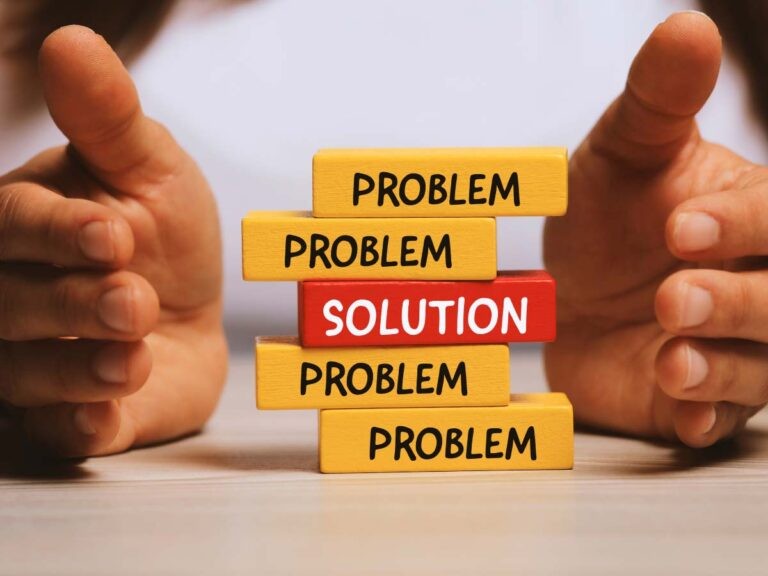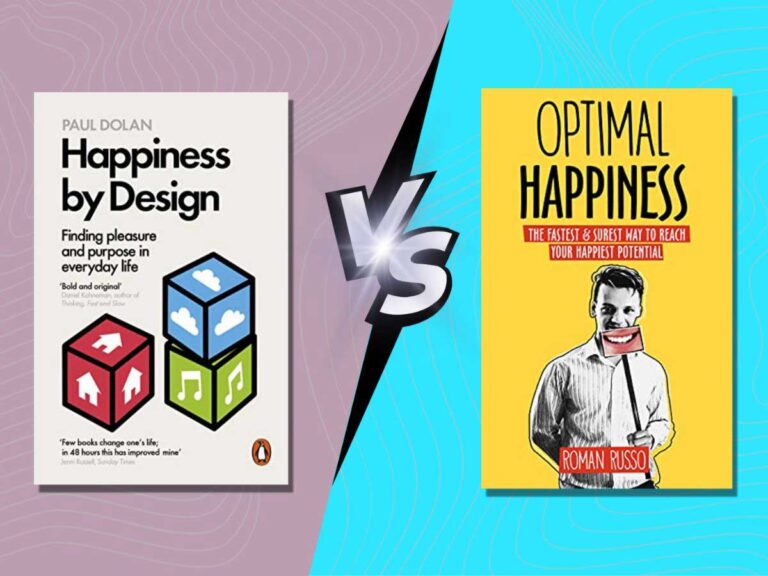
In the latest best-seller The Subtle Art Of Not Giving A F*ck by Mark Manson we are given many reasons why we don’t want to be happy. The author writes well and with the power of his words he can convince an Eskimo to buy ice-cream, so to say. But being happy is way better than to be than to be unhappy, which is why I decided once and for all to bust this myth.
What Happiness Is Really All About
In my older blog post, I wrote: “there are 4 quadrants to happiness”:
(1) Advantages of positive emotions;
(2) Disadvantages of positive emotions;
(3) Advantages of negative emotions; and
(4) Disadvantages of negative emotions.
Mark Manson’s book is really about quadrants (2) and (3), which is why came up with a new name for his book:
“Good excuse for negative people to continue feeling bad about ourselves.”
I have to applause the choice of the topic, though. A master of any subject has to be able to consider that subject from every possible angle and to know the advantages and disadvantages of every aspect of his art. Thus, for me to read about “why we should be unhappy” is quite interesting for me as it contradicts everything that I usually write about. Still, for the first time reader on the topic of happiness, I would not recommend this book, as inexperienced people may actually become further convinced that being unhappy is the right way to live. Unfortunately, there are already too many people like that. Instead, I recommend reading my blog, book, or any other work that focus on quadrants (1) and (4) of happiness.
Why Knowing Disadvantages Of Happiness Is Important
Duality of life states that in everything positive there is something negative and other way around. This, certainly, applies to positive and negative emotions as well, although I was disappointed not to hear the author making this distinction himself. Simply said, he just jumps into why feeling bad is good and this is your book.
So a caution to future book readers: “Don’t forget that there is a good reason why you want to feel happy, too!”
Perhaps, this is why this book is so well received by people all over the world. There is just so much negativity in this world, and “The Subtle Art Of Not Giving A F*ck” gives people few good reason why it is okey to feel negative. After all, Mark Menson is a great writer. I’m sure he could convince us of anything, if he really wanted to.
What We Know About Our Values
Let’s replace “Giving a F*ck” with a more politically correct word, such as “Important”. Thus, the name of this book becomes: “Know what is important”. I agree this is a much less attractive title and rather boring title compared to the one which is in the book.
Still, the author explains his thesis on why we should move away from the positive emotions, such as the pursuit of positive emotions is pointless, and whatever is really worth achieving in life will require effort, suffering, and sacrifice. This is a classical argument for “F Happiness”, which is really referring to the grand pursuit of the meaning of life.
Still, I ask:
Why can’t we have it all?
Why can’t we have a cake and eat it too?
Why can’t we be happy AND work on our goals in life?
I have not yet seen a single writer who writes about “F Happiness” and who would address these questions in his writings.
The Paradox Of Happiness
Mark Menson writes about a Paradox of Happiness, which in his words is:
“The desire for more positive experience is itself a negative experience. And, paradoxically, the acceptance of one’s negative experience is itself a positive experience.”
This means that a pursuit of something positive just shows us that we don’t have that something, which is a negative experience. Oppositely, the less we try, the more easily it comes to us, or so the author claims. So, I guess we need to not care about things that are really important to us? No, wait, that does not make any sense.
The answer to this paradox lies in a philosophy of “experiencing pain without suffering”, which Mark calls “Not Giving A F”. Still, I prefer to say “experiencing pain without suffering”, as the later expression does not really explain how to stay happy in rather negative situations. “Don’t give a F” just means to stop giving value to things and they will respectively stop hurting us / give us pleasure. But certain things are important to us. We just don’t want to feel negative emotions that they create, such as working hard on your goals may be a hard thing to do, but they are your goals after all. They are important to you.
Thus, I have 2 answers to this paradox:
- Buddhist Meditation – It teaches us to meditate on what is really composes a notion of “I”, aka identity, aka “ego”. Your new car is, for example, not you. You may think that car is “yours” because you bought it and there as some legal rights connected to the ownership of a car. Still, materials to produce the car were taken from the Earth and Nature, so it is actually Natures car, not yours. You are just taking what’s not yours and calling it “My”. Thus, by realizing what is really “you” you disconnect some emotional energy that binds you to these things. For more information on this topic I would recommend you to read my other blog post of “10 Day Meditation”, as well as my book.
- Happiness Today And Forever – Essentially it is part of my teaching whereas people learn about weaker emotions from the stronger ones. Essentially, we what is better to win a lottery or find a quarter on a street. Logically, it would be to win a lottery. Similarly, which would you prefer: to hurt a finger or to lose an arm? Of course, to hurt a finger. But, this kind of thinking people often forget, experiencing all sort of heartbreaking emotions over the most non-important things in the world.
Conclusion: Let’s Actually Give A F
Lastly, suffering will always exist, as we already seen with a duality of life. There is simply no such thing as a problem-less life, no mater how much we would like for such lives to exist. Thus, we need to accept the human condition of “suffering” as a natural occurrence, but we don’t have to “Not give a F” about every little things that happen to us. We need to be more emotionally mature and accept while we need to understand negative emotions, we really want to experience predominately positive ones (which, by the way, is possible!).














